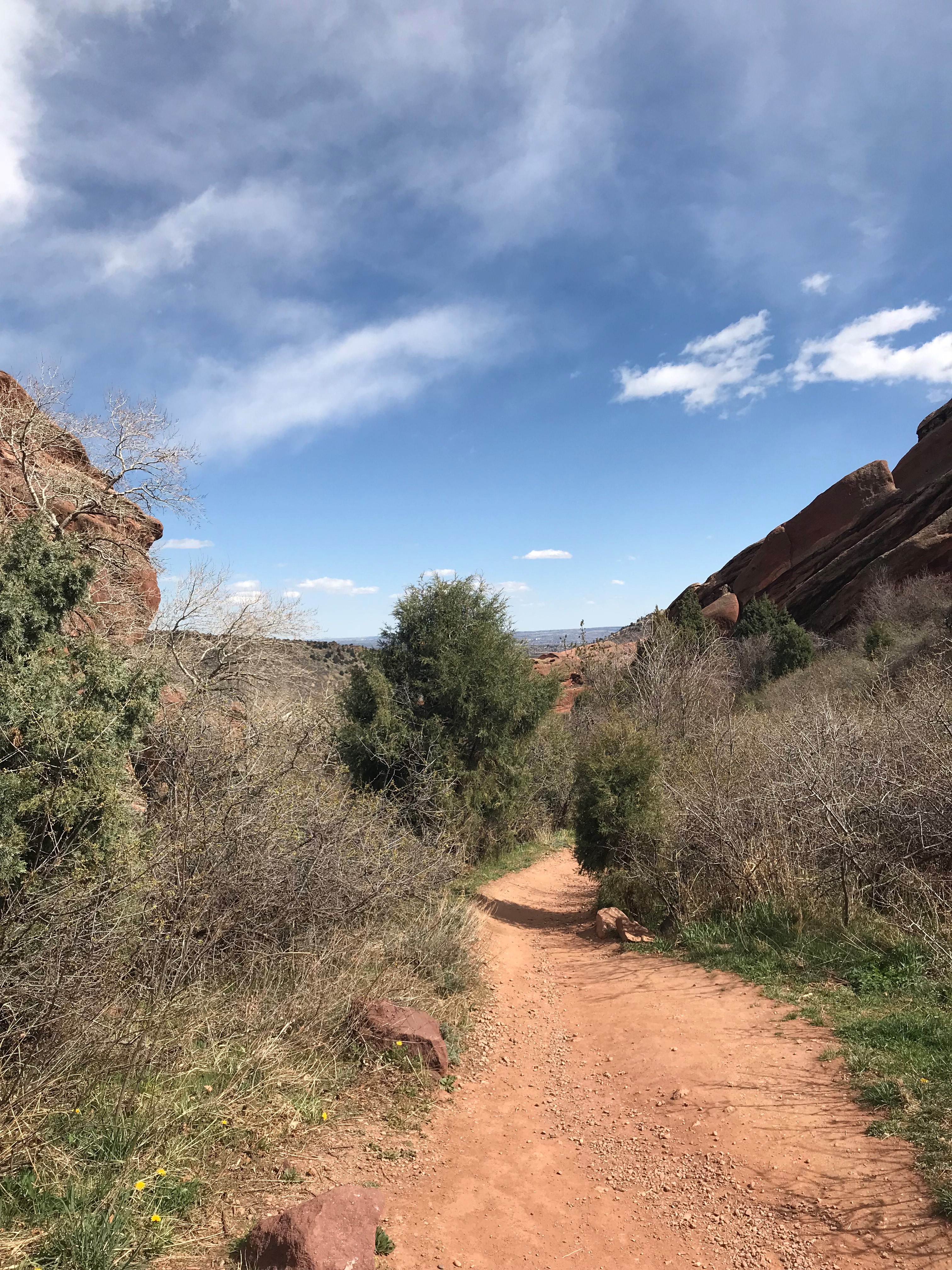“The art and science of asking questions is the source of all knowledge.” – Thomas Berger
In my blog of a few weeks ago, I discussed the power of listening. Today I’d like to explore how questioning is an often overlooked but critically important tool in the leader’s toolkit. Of course, questioning and listening go hand in hand. To truly listen, and get the most information out of an exchange, the appropriate use of questioning is needed. The interesting part of questioning, however, and the aspect I’d like to explore with you, is its effect beyond ‘information getting.’ The biggest power of the use of questions is found in its effect on the relationships you will build as a leader with your team members.
As a doctor, I’ve been trained to ask questions (and am comfortable asking even the most invasive of questions. It’s part of the job). When interviewing a patient, we are taught to start with an open-ended question, and to wait in silence for the patient to fully answer. Most studies of physicians find that many can wait only a few seconds before jumping in with more directive questions, especially in this day of rushed encounters and electronic health records. When that happens, the richness of information that you would have obtained by just waiting for the patient to fully answer is lost.
Similarly, in executive and leadership settings, the use of questions is an underused tool and a skill which can be honed. Alison Woods Brooks, writing in a recent HBR article on the topic (“The Surprise Power of Questions,” May-June 2018), states “Questioning is a uniquely powerful tool for unlocking value in organizations: it spurs learning and the exchange of ideas, it fuels innovation and performance improvement, it builds rapport and trust among team members.” In the medical field, we know that by asking questions we are not only gathering the information needed to make a diagnosis, but we are also building the foundations of the doctor patient relationship. By asking questions, we are being present in a unique way; demonstrating an openness to learning and hearing the other’s perspective. The one being questioned is the focus of the conversation. They ‘have the floor’ so to speak. Your goal is to learn from them.
The research on the power of questions is interesting. Woods Brooks and her colleagues at Harvard studied conversations via either online chats or speed dating encounters. The researchers divided the participants into two groups and instructed one party in each group to either ask many questions or very few during the encounters. Those who asked many questions were better liked by their conversation partners. In the speed dating scenarios, those who asked more questions were more likely to get asked out on a second date. In business settings, specifically in sales, research has found that the number of questions a sales person asks directly drives his/her sales conversion rate. They listen more and talk less than their lower performing counterparts and scatter their questions throughout the conversation to enable an even exchange (thus avoiding a feeling of being interrogated).
In Medicine, I have always found the saying by William Osler to be quite accurate: “Listen to your patient, he will tell you the diagnosis.” The business corollary might be: “Listen to your front-line employees, they will tell you what ails the organization.” It all begins with a question. Start asking them, and see the effect it has on your relationships.


